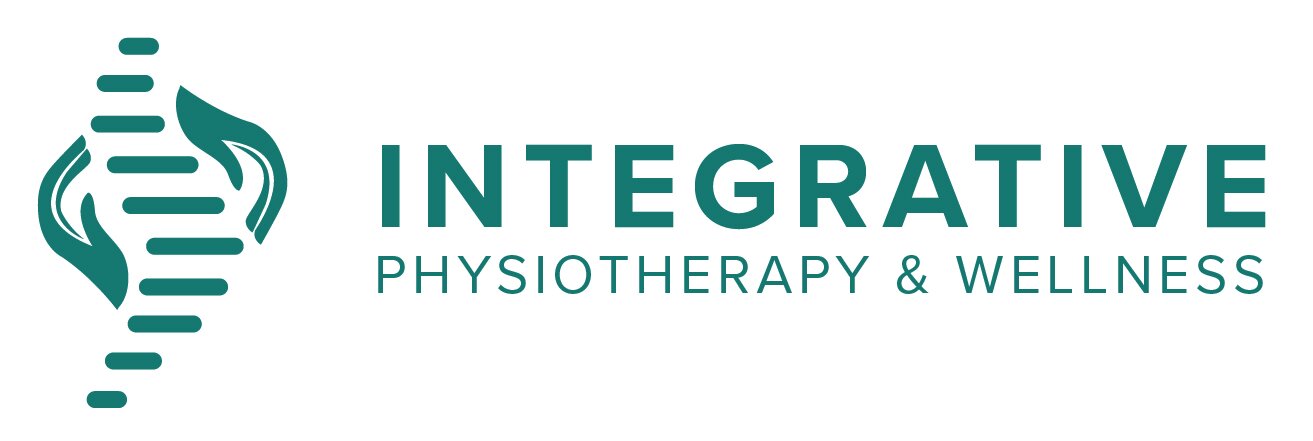Arthritis PainTreatment in Barrie On.
Q: What is arthritis?
Arthritis is a broad and complex topic with more than 100 types, sub-types, and variations. It is an acute or chronic joint inflammation that often co-exists with pain and structural damage.
Q: What are the most common types of arthritis?
These are the few types of arthritis, starting from the most common: Osteoarthritis, Rheumatoid arthritis, Gout, and Spondylo-arthritis.
Q: What are the symptoms of arthritis?
Pain and stiffness in one or more joints
Swelling, redness, and warmth in joints
Reduced range of motion in one or more joints
Certain symptoms not related to joints:
Fever
Rashes
Fatigue
Itchy skin
Weight loss
Changes in finger and toenails
Depending on the type of arthritis, symptoms can develop suddenly or gradually over time. Some symptoms may come and go and some of them are persistent.
Q: What causes arthritis?
Causes for many forms of arthritis haven’t been found yet. Though the cause of gout is known, it is a higher level of uric acid in our body.
Various arthritis like septic arthritis result in infections.
Q: Am I at risk for arthritis?
There are certain risk factors that are in your control like overweight & obesity, smoking, type of occupation & joint injuries.
Overweight: Extra body weight puts more stress on weight-bearing joints like the hip and knee, which puts one at more risk to get arthritis.
Smoking: Cigarette smoking increases the risk of developing RA and makes it worse.
Occupation: Certain occupations which involve repetitive knee bending and squatting increase the risk of knee and hip OA.
Joint injuries: repetitive joint injuries damages joint structures and lead to the development of osteoarthritis.
Others are not in control and may or may not be responsible for arthritis: Age, Gender & genetics.
Age: As we get older, the risk of any arthritis increases.
Gender: Most types of arthritis are common in women like, OA and RA. On the other side, Gout and Fibromyalgia are common in men. The reason behind this is yet to be found.
Genetics: People born with specific genes called HLA class II genotypes are prone to develop certain arthritis like RA, Ankylosing spondylitis, and Systemic Lupus erythematosus (SLE).
Q: Can children get arthritis?
Yes, children also tend to get arthritis. The most common one in children is Juvenile Idiopathic Arthritis (JIA).
Symptoms of JIA are:
Joint pain & swelling
Fever
Joint stiffness
Fatigue
Loss of appetite
Early diagnosis and treatment are important in children to prevent permanent damage to their joints.
Q: Can I prevent arthritis?
Yes, you can prevent arthritis by controlling the risk factors like being overweight, smoking, and having joint injuries.
Overweight: Healthy eating and physical activity can help you to maintain a healthy weight.
Smoking: Get help to stop smoking gradually.
Occupation: Learn about ergonomics and make sure your workplace is hazard free and spacious enough for you to work freely.
Joint injuries: Make a special exercise program for your body to prevent joint injuries.
Q: What should I do if I think I have arthritis?
Talk to your doctor and consult the physiotherapist directly, if you find yourself having major symptoms of arthritis-like, pain, stiffness, and swelling in one or more joints.
Q: What can I do to manage my arthritis?
Self-management plus physiotherapy are helpful to manage symptoms of arthritis. Some of the lifestyle changes like, staying active, weight loss, and avoiding smoking can slow down the progression of the condition.
Physiotherapists can help you to restore your functional abilities through rehabilitation techniques and design exercise programs to reduce pain and prevent disability. They can provide education about arthritis and lifestyle modifications needed to manage the condition.
Q: What should I do If I have pain while exercising?
It’s normal to have mild pain, soreness, or stiffness after starting new exercises or any physical activity. Your body needs some time to get used to those exercises. You need to stick with the exercise program for long-term relief.
Tips for managing pain while exercising or after exercises:
Start your exercise program gradually, less frequently, and with fewer repetitions initially.
Try various programs to lessen pressure on joints like water aerobics.
Start your exercises with a warm-up and end up with a proper cool-down.
Find a comfortable place and tools for exercising.
Find comfortable clothing and shoes for exercising
Consult your physiotherapist or doctor if the pain is very sharp, constant, and doesn’t fade away within 2 hours after exercises.
Written by: Anjali Patel. Registered Physiotherapist Resident. Orthopaedic Physiotherapist. Concussion Management
If you're experiencing arthritic pain contact our Physiotherapy Clinic in Barrie, Ontario, don't hesitate to reach out to Integrative Physiotherapy. Our therapists in Barrie, Ontario are highly experienced in effectively treating these conditions, and we're here to assist you.


